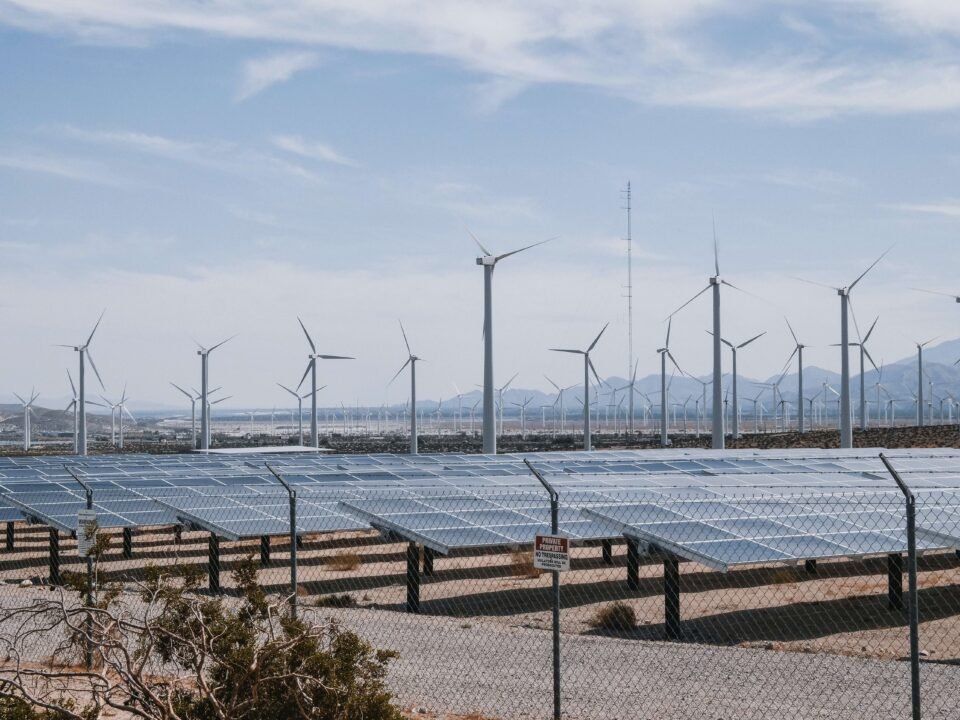The adoption of solar panels isn’t just a move towards environmental sustainability; it’s a savvy financial investment that can illuminate significant savings over the long term. As technology advances and the cost of solar installations continues to decline, the financial benefits of solar panels become increasingly accessible to homeowners and businesses alike. Let’s explore how solar panels can be a beacon of savings in your financial landscape.
1. Reduced Electricity Bills:
One of the most immediate and tangible benefits of solar panels is a reduction in electricity bills. By harnessing the power of the sun to generate electricity, you can significantly decrease your reliance on the traditional grid. Excess energy generated during sunny days can be fed back into the grid, earning you credits through net metering. Over time, these credits can offset the costs of electricity drawn from the grid during periods of low solar production, such as at night.
2. Return on Investment (ROI):
While the upfront cost of installing solar panels may seem substantial, it’s essential to view it as an investment rather than an expense. The return on investment from solar panels is realized over time through energy savings and potential revenue from selling excess energy back to the grid. The average payback period for residential solar installations is typically around 5 to 10 years, depending on factors such as local incentives, energy prices, and the efficiency of the system.
3. Government Incentives and Tax Credits:
Many governments offer financial incentives and tax credits to encourage the adoption of solar energy. These incentives can significantly reduce the initial cost of installing solar panels, making the investment more attractive. Examples include the federal Investment Tax Credit (ITC) in the United States, which provides a percentage reduction in federal income taxes for those investing in solar energy systems.
4. Increased Property Value:
The installation of solar panels can enhance the value of your property. Studies have shown that homes with solar installations tend to sell faster and at higher prices than homes without solar. The perception of lower energy costs and the positive environmental impact associated with solar energy contribute to the increased desirability of properties with solar panels.
5. Protection Against Rising Energy Costs:
Traditional energy costs are subject to fluctuations influenced by geopolitical events, supply and demand, and other external factors. By generating your own electricity through solar panels, you insulate yourself from the impact of these fluctuations. This provides a level of predictability and stability in your energy costs, offering long-term financial security.
6. Solar Panel Lifespan and Low Maintenance Costs:
Solar panels are durable and have a long lifespan, typically ranging from 25 to 30 years or more. With minimal maintenance requirements – occasional cleaning and routine inspections – the ongoing operational costs are relatively low. This longevity and low maintenance contribute to long-term savings over the life of the solar installation.
7. Energy Independence:
Investing in solar panels fosters a degree of energy independence. By generating your electricity, you reduce your reliance on external sources, mitigating the impact of energy market fluctuations and geopolitical events on your energy costs. This independence is particularly valuable in the face of unpredictable global energy dynamics.
8. Corporate and Environmental Responsibility:
For businesses, the adoption of solar panels can align with corporate social responsibility (CSR) goals. Embracing sustainable practices and reducing carbon footprints can enhance a company’s reputation, attract environmentally conscious consumers, and, in some cases, lead to financial incentives or grants for green initiatives.
Conclusion:
Solar panels are not just a means of harnessing clean and renewable energy; they are a pathway to financial savings and security. As technology advances, the cost of solar installations continues to decrease, making it an increasingly viable and attractive option for homeowners, businesses, and communities. By embracing solar energy, you not only contribute to a sustainable future but also illuminate a path to long-term financial resilience and savings.




